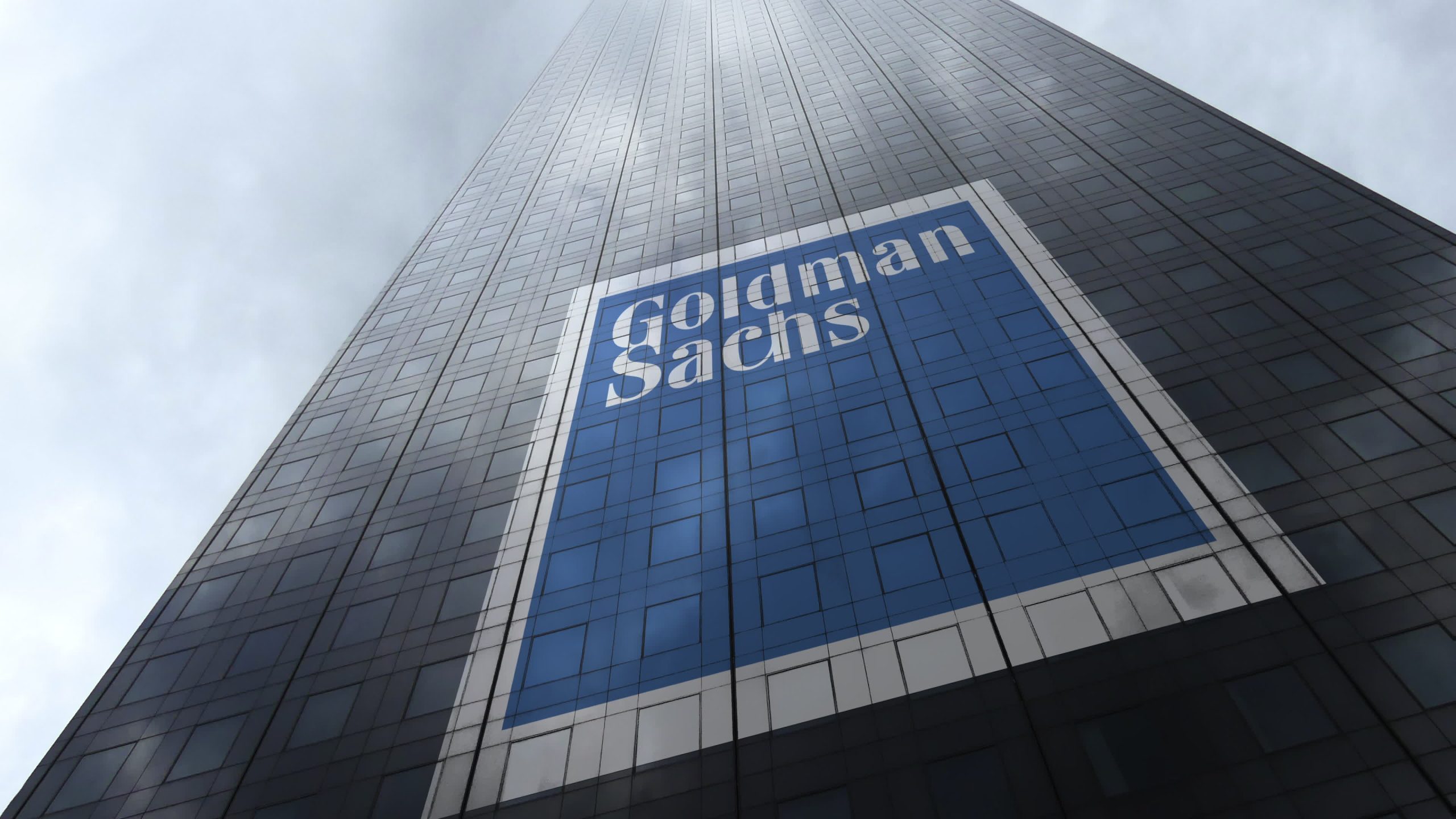Goldman Sachs, once a fervent supporter of artificial intelligence (AI), has recently challenged the optimistic outlook held by many market players and government officials, declaring that AI may not deliver significant productivity enhancements to the economy.
In contrast, a new report by the Tony Blair Institute encourages the Labour government to leverage AI’s “truly revolutionary” potential to enhance growth and productivity in the public sector. However, this report has faced criticism for its simplistic approach to determining AI’s benefits by querying ChatGPT about automatable tasks. A report provided by Bloomberg counters Mr Blair’s points, however, and takes an opposite stance.
Goldman Sachs has now released a paper arguing that the expected productivity benefits and financial returns from AI are likely to be much more limited than previously anticipated. Moreover, the increased power demands of AI will require utility companies to spend nearly 40 per cent more over the next three years to meet this demand.
MIT economist Daron Acemoglu, interviewed for the paper, remarked, “Truly transformative changes won’t happen quickly, and few, if any, will likely occur within the next 10 years.” He emphasized that many tasks AI is expected to handle are multifaceted and involve real-world interactions that AI cannot significantly improve shortly.
Acemoglu further pointed out that large language models like ChatGPT are not equivalent to artificial general intelligence and are unlikely to achieve the level of reasoning and understanding required for more complex tasks beyond text generation.
As companies invest increasingly in processing power, Acemoglu questioned the value of doubling AI’s capabilities, pondering whether this would genuinely enhance AI’s performance in meaningful ways. Despite faster processing, the real question remains: will AI be twice as effective? The high costs associated with developing AI infrastructure may not yield proportional benefits, raising concerns for investors.
Jim Covello, Goldman Sachs’ head of global equity research, highlighted the substantial financial investment required for AI infrastructure, including data centres and utilities, estimating costs to reach a trillion dollars in the coming years. Covello provocatively asked, “What trillion-dollar problem will AI solve?”
He argued that unlike the internet, which was a low-cost solution even in its early days, AI technology is exceptionally expensive and must solve complex problems to justify its costs. So far, no transformative, cost-effective applications have emerged from generative AI technologies.
Covello also expressed scepticism about the assumption that AI costs will decline significantly over time, labelling this belief as “revisionist history.” He noted that major tech companies might only see incremental revenue from AI, and without significant productivity gains, the enthusiasm surrounding AI could wane. He predicted that investor interest might diminish if no important use cases become apparent within the next 12-18 months.
Despite the cautious outlook, Covello acknowledged the challenge of timing market corrections in the tech sector, advising investors to maintain some exposure to AI-related investments while remaining mindful of potential bubbles. He recommended a balanced approach, suggesting both passive investments in Nasdaq trackers and active research into tech-focused investment trusts.
Ultimately, while AI promises innovation, its high costs and uncertain productivity gains call for a prudent investment strategy, emphasizing the importance of evaluating long-term growth potential over speculative hype.





